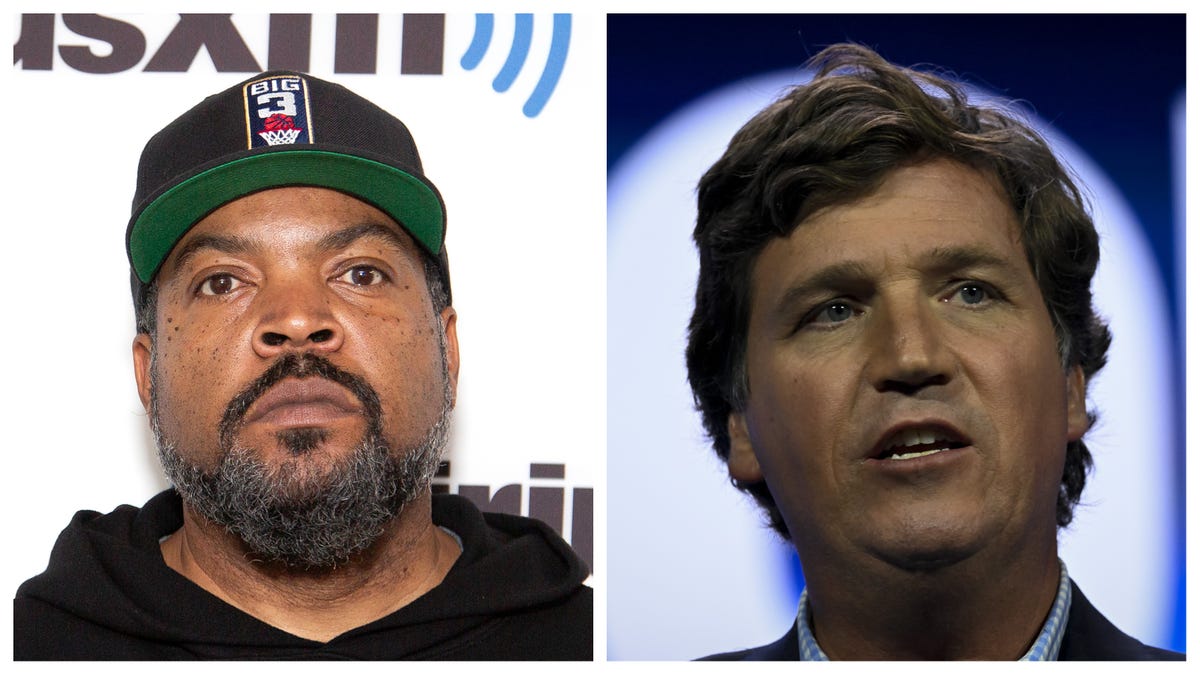Eh...not entirely accurate. Aldean isn't a nobody, he's a reasonably popular and prolific modern Country artist. And if we peel back the paint a bit, what we see here reads an awful lot like what amounts to...let's call it "culture shock".
Now to clarify, yes, I do think that the reaction to the song - especially against the backdrop of the music video - is relatable and that the fault for that falls on Aldean and his producers for what could
charitably be considered dumb mistakes and lack of forethought regarding the content. With that being said, however, those familiar with the genre of music have a cultural context that make their fuck up understandable.
The Country genre tends to fall so heavily into certain themes that it becomes cliche, to the point that the artists themselves poke fun at it. Back in the 70s, for instance, David Allen Coe released
You Never Even Call Me By My Name which memorably includes a spoken segment about how the song had fallen short of being the "perfect Country and Western song" because it didn't so much as mention a bunch of cliches...which spurred the creation of the final verse to shoehorn them in.
More to the point, the relevant cliche for this song is "small town justice". Country's all over the place on that.
The Night that the Lights Went Out in Georgia, for instance, takes the form of a confession by the narrator that she'd killed her brother's cheating wife and a lament about the legal system in the town being such a sham that the authorities just assumed her brother's guilt, tried him in what amounted to a kangaroo court, and executed him for it before she even had a chance to come forward and confess. Conversely,
Welcome to the Family takes the form of welcoming a new in-law by cheerfully informing him that if he ever makes his new wife unhappy...well...grandpa's the sheriff, judge, and jury, that their uncle's the undertaker and will happily dig a grave for him, their cousin is a psycho who would be happy to shoot him...etc. Basically...think that your in-laws are an overprotective Mafia and you probably aren't far off.
Another common undertone is implicit praise of the people/community taking the law into their own hands, with the undertone that you can't trust the law to do anything.
Independence Day tells the story of an eight year old girl getting away from her violent alcoholic father (who was implied to have just killed her mother in a drunken fit) by killing him via arson, which the song treats as a necessary evil.
Gunpowder and Lead tells a similar tale, singing about a young woman waiting by the door with a gun to ambush her boyfriend because he was a drunk that tended to beat her.
The Coward of the County sings about a pacifist who finally hits the breaking point and beats the shit out of the three assholes who sexually assaulted his wife. And for a less dramatic example,
Before He Cheats sings about a girl who absolutely destroys her now-ex boyfriend's car because he cheated on her.
Moreover, Country has a tendency to suggest that small town solidarity means that country folk will do what city folk would not, often to the tune of the Big City being morally weak and its inhabitants unwilling to stand up for itself (See
The Fightin' Side of Me, or alternatively
A Country Boy Can Survive). Generously it can be described as "if you're picking a fight here, you'll find we're more than obliging" but it frequently veers more towards "you try that on this side of the tracks, City Boy, and we ain't gonna even bother with a trial before putting you down" vibe. And if given an external conflict, that sentiment can be extended to "American" unity rather than small town solidarity.
Courtesy of the Red, White and Blue, written and released shortly after 9/11 that warns that anyone if anyone messes with the USA..."we'll put a boot in your ass, it's the American way!"
In that respect, Aldean's song is neither unusual, nor out of place. It's written to the tune of machismo grandstanding that is very common for the genre. However, it fucks up by being - at best - remarkably tone deaf in that it applies that "try that here and we'll kick your ass" machismo in opposition to protests
against the police's rampant use of excessive force. "We'll beat your ass if you disrespect policemen for their use of excessive force" is not a good look,
to put it extremely mildly (and a bit hypocritical considering how frequently Country music itself leans into the idea that "Police are Useless"). And the music video exacerbated that by setting its backdrop at the courthouse made famous by the
Columbia Race Riot which, considering the racial element in that aforementioned excessive force, is just...yikes.










